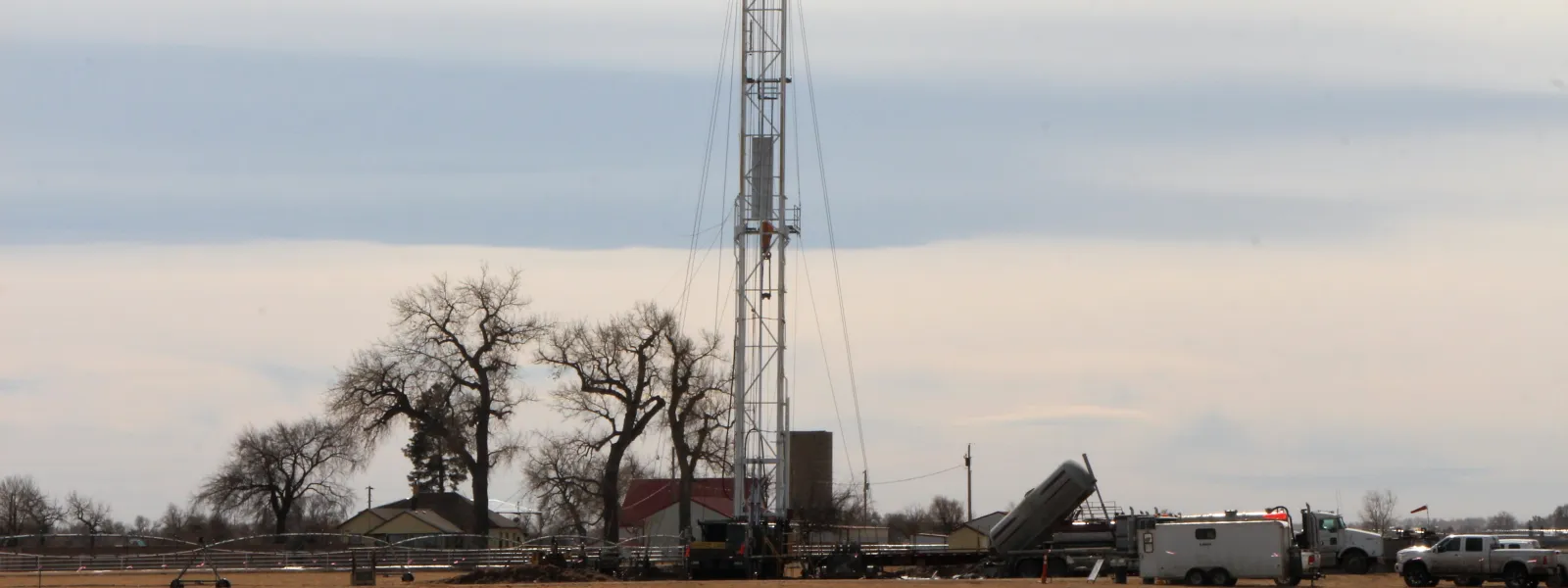
The Final Frontier: Public policies, impacts and resistance to fracking in Latin America
Heavily promoted by the United States, the exploitation of unconventional hydrocarbons through fracking has sought to expand into nations throughout the Americas. It has done so despite the fact that none of those governments have comprehensive knowledge of its risks, the serious and irreversible damage it does to human and environmental health, or how to prevent and mitigate those risks. That’s why the Latin American Alliance On Fracking (ALFF) published this report—to contribute to the debate, and spread awareness of the impacts of this controversial technique.
Throughout these pages we address the situation of fracking in six countries: Argentina, Bolivia, Brazil, Chile, Colombia and Mexico. Each case analyzes: the context of energy development in the country; public policies to promote and regulate fracking; the social, environmental and economic impacts of fracking on people, their human rights, and their land; and the advocacy, mobilization and resistance strategies deployed in each country. The report concludes with a summary of conclusions and recommendations in light of the analysis of and reflection on the different cases studied.
As part of ALFF, it is our goal to feed the discussion of an urgent change to the energy model of our region, to arrive at one that is sustainable and socially just. We believe that the forms of production, distribution and consumption of energy promote in our region reflect the unjust and deeply unequal system of social relations in the region. This is the social, political and economic reality that the promotion of fracking reinforces. This is what we want to change.
Download the report (in Spanish)
